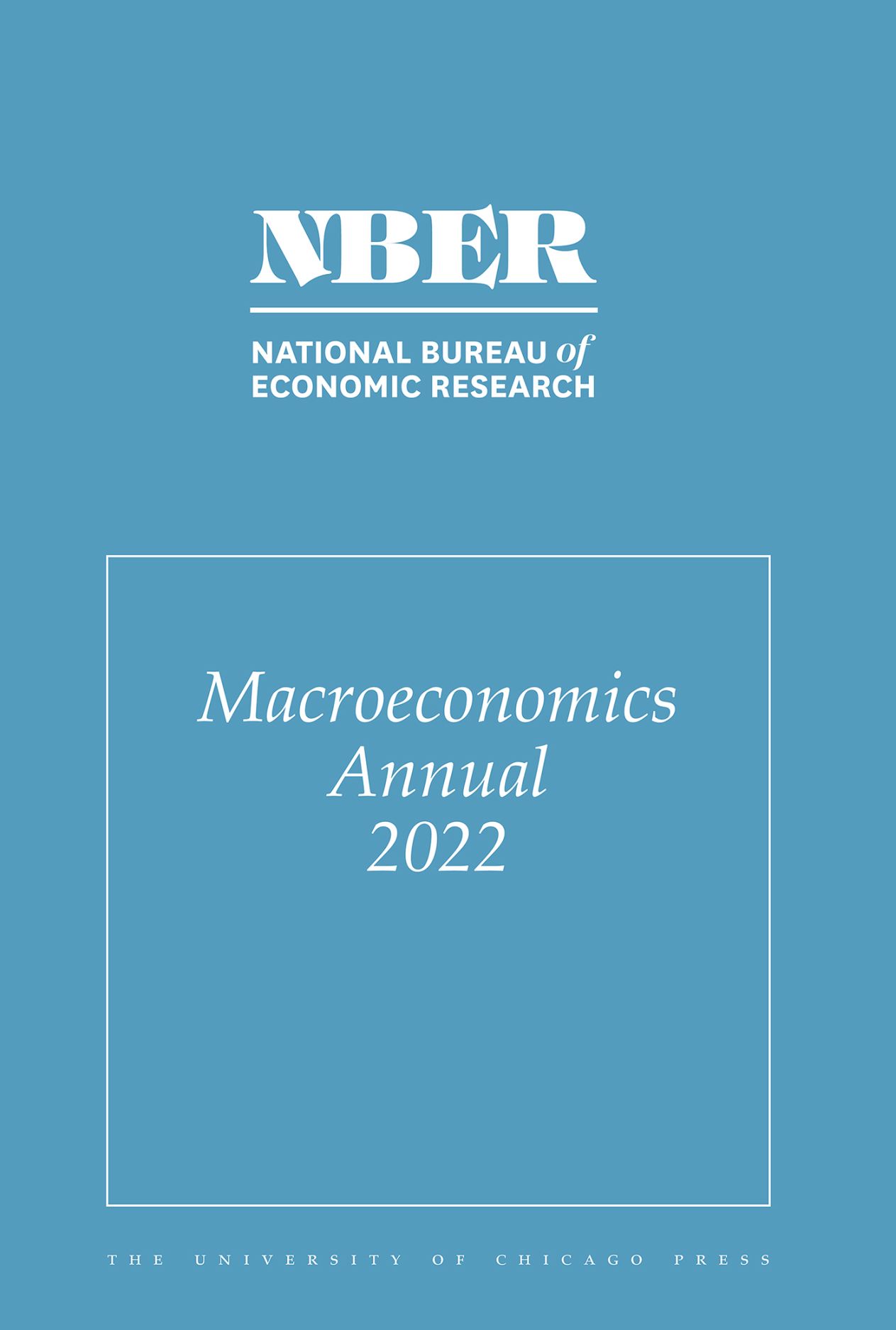编辑
IF 10.7
1区 经济学
Q1 ECONOMICS
引用次数: 0
摘要
美国国家经济研究局第三十四届宏观经济学年会汇集了顶尖学者,就当代宏观经济学的核心问题发表、讨论和辩论了六篇研究论文。此外,国际货币基金组织(imf)前首席经济学家兼研究部主任詹姆斯•斯托克(James Stock)在餐后就气候变化经济学问题发表了发人深省的演讲。论文演讲和饭后谈话的录像都可以在美国国家经济研究局宏观经济学年会的网页上(https:// www.nber.org/macroannualconference2019/macroannual2019.html)获得。这些录像使会议的内容更容易获得,是对本卷的有益补充。本会议卷包含在会议上发表的六篇论文的编辑版本,每篇论文后面都有两位主要学者的书面评论和每篇论文之后辩论的总结讨论。该卷还包括詹姆斯·斯托克的一篇论文《气候变化、气候政策和经济增长》,该论文是根据他的晚餐谈话撰写的。本文为宏观经济学家提供了关于气候变化和气候变化政策的非常有用的介绍。本文提出了四个关键点。首先,简单的时间序列回归模型证实,过去140年的所有变暖基本上都是由人类活动造成的。其次,如果我们要成功实现经济脱碳,政策将发挥至关重要的作用。第三,目前的政策无法及时成功地使经济脱碳,以防止气候变化造成的严重损害。第四,与经济学相反,庇古碳定价理论在政治上行不通。这表明考虑其他政策的重要性,尤其是那些推动低碳技术创新的政策。这篇论文没有讨论者,因为它起源于晚宴上的谈话。我们感谢詹姆斯·斯托克花时间就这个至关重要的话题写下他的评论。本文章由计算机程序翻译,如有差异,请以英文原文为准。
Editorial
The NBER’s thirty-fourth Annual Conference on Macroeconomics brought together leading scholars to present, discuss, and debate six research papers on central issues in contemporary macroeconomics. In addition, James Stock, former chief economist and director of research at the International Monetary Fund, delivered a thought-provoking afterdinner talk on the economics of climate change. Video recordings of the presentations of the papers and the after-dinner talk are all accessible on the web page of the NBER Annual Conference on Macroeconomics (https:// www.nber.org/macroannualconference2019/macroannual2019.html). These videos,whichmake the content of the conferencemorewidely accessible, are a useful complement to this volume. This conference volume contains edited versions of the six papers presented at the conference, each followed by two written comments by leading scholars and a summary discussion of the debates that followed each paper. The volume also contains a paper, “Climate Change, Climate Policy, and Economic Growth,” by James Stock, based on his dinner talk. The paper provides an extremely useful introduction to the topic of climate change and climate change policy formacroeconomists. The paper makes four key points. First, simple time-series regression models confirm that essentially all the warming over the past 140 years is due to human activity. Second, policy has a crucial role toplay ifwe are to succeed in decarbonizing the economy. Third, current policies will not succeed in decarbonizing the economy in time to prevent severe damage from climate change. Fourth, the politics, as opposed to the economics, of Pigouvian carbon pricing do notwork. This suggests the importance of considering other policies, especially those that drive low-carbon technical innovation. There was no discussant for the paper because of its origin as a dinner talk. We are grateful to James Stock for taking the time to write up his comments on this vitally important topic.
求助全文
通过发布文献求助,成功后即可免费获取论文全文。
去求助
来源期刊

Nber Macroeconomics Annual
ECONOMICS-
CiteScore
5.10
自引率
0.00%
发文量
23
期刊介绍:
The Nber Macroeconomics Annual provides a forum for important debates in contemporary macroeconomics and major developments in the theory of macroeconomic analysis and policy that include leading economists from a variety of fields.
 求助内容:
求助内容: 应助结果提醒方式:
应助结果提醒方式:


